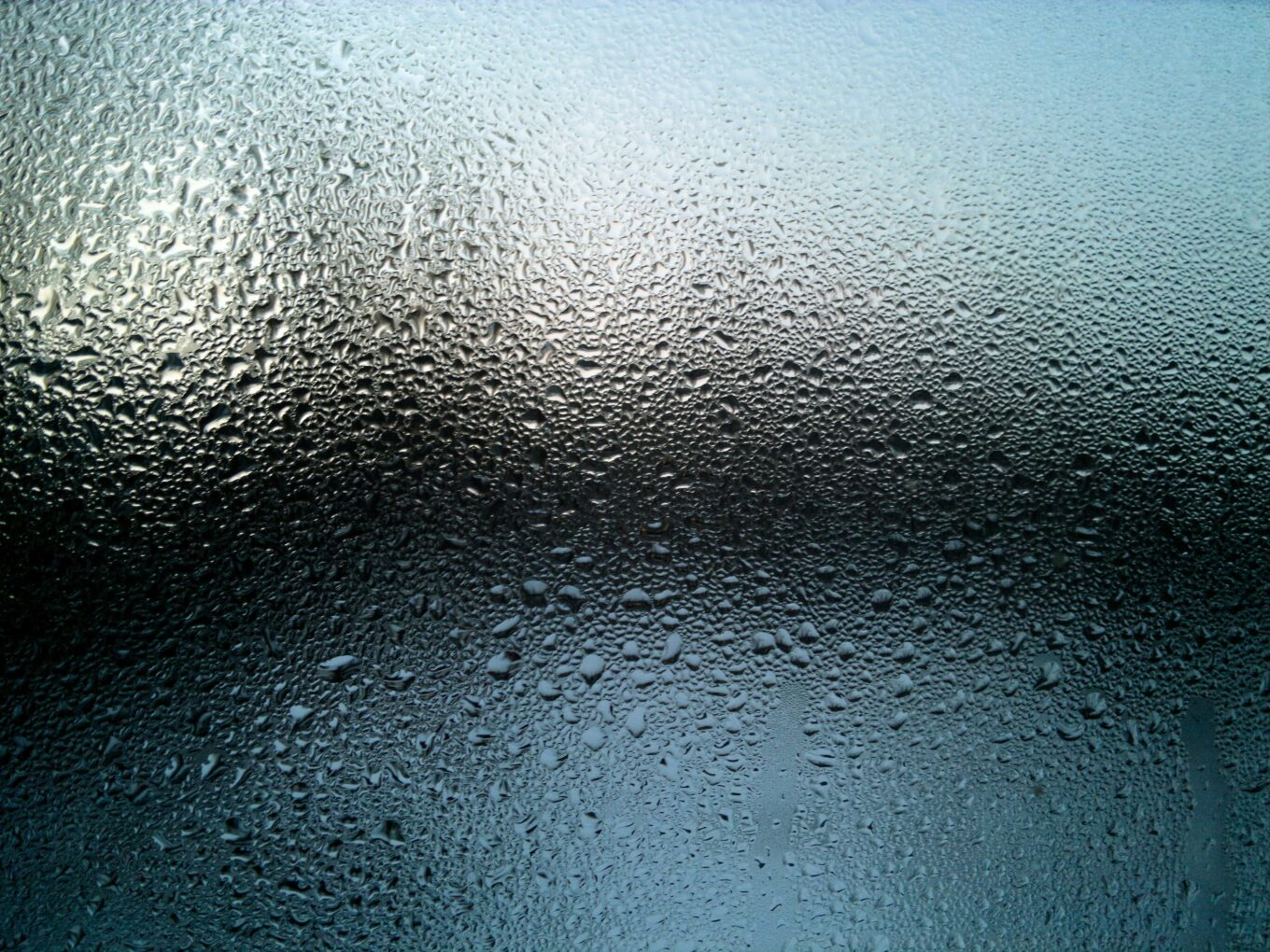Fogging windows is a common problem that occurs especially in autumn and winter. It is caused by the temperature difference between the inside and outside of the room and high air humidity. In this article, we will explain why fogging occurs, what are its causes, and how to effectively prevent it.
Where does water on windows come from?
Water on the windows is the effect water vapor condensation present in the air. The source of moisture in rooms can be everyday activities such as cooking, washing or drying clothes. When warm, humid air touches the cold surface of the glass, water vapour condenses, creating visible water droplets.

What influences the intensity of window fogging?
Window fogging depends on several factors that are worth knowing in order to effectively counteract this phenomenon:
- Temperature
The greater the difference between inside and outside temperature, the greater the risk of condensation. - Air humidity
Higher levels of humidity in rooms promote water condensation on windows. - Ventilation
Poor air circulation leads to moisture build-up, which in turn causes evaporation. - Window quality
Windows with low thermal insulation are more susceptible to condensation.
Which windows should you choose to reduce fogging?
Choosing the right windows can make a big difference in minimizing evaporation and improving your home’s energy efficiency. Here’s what to look for:
Type of glass
- Insulating glass – Windows with double or triple glazing and a space filled with gas (e.g. argon) offer better thermal insulation.
- Low-emission coatings (Low-E) – They reflect heat into the interior, stabilising the temperature and reducing the risk of condensation.
Window frame
- Material – PVC, wood or aluminium frames with a thermal break improve insulation.
- Seals – High-quality seals limit the penetration of moisture and cold air.
Heat transfer coefficient (U)
- Low U-value – It means better thermal insulation. For modern windows this value should be less than 1.3 W/m²K.

How to effectively prevent windows from fogging?
There are several practical methods that will help you reduce window fogging in your home:
- Improved ventilation
Regular airing of rooms is the easiest way to remove excess moisture. Installing ventilation systems can also be a good solution. - Maintaining the right temperature
Maintaining a moderate and constant temperature reduces the thermal differences between the interior and the glass surface. - Using air dehumidifiers
Dehumidifiers effectively reduce humidity levels in rooms, preventing condensation. - Using curtains and blinds
They create an additional thermal barrier that limits contact between warm air and the cold glass surface. - Investing in high-quality windows
Windows with better thermal insulation, such as triple-glazed models, are less susceptible to fogging.
Fogging of windows is a natural effect of temperature and humidity differences, but it can be effectively limited. The key is to take care of the proper ventilation, humidity control and selection modern, energy-saving windows. By taking these actions, you will minimize the problem of water vapor condensation and improve the comfort in your home.
Remember that investing in windows with appropriate technical parameters is a step towards energy efficiency and long-term savings.





